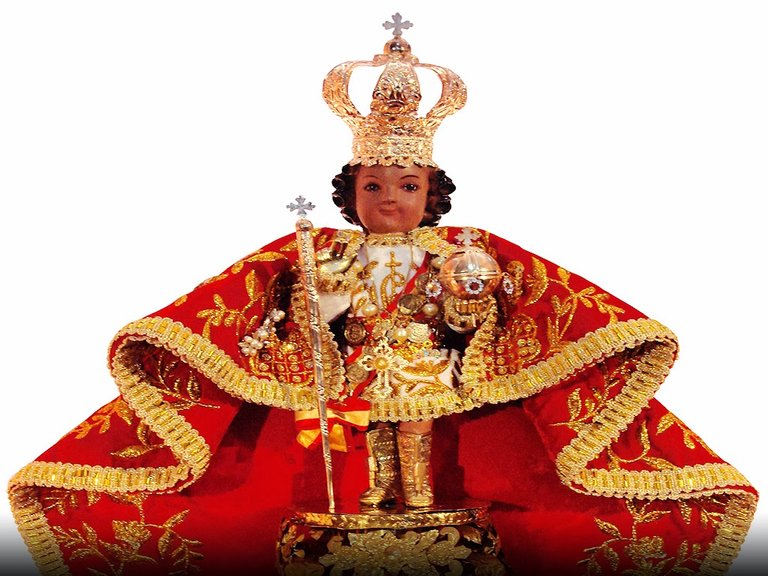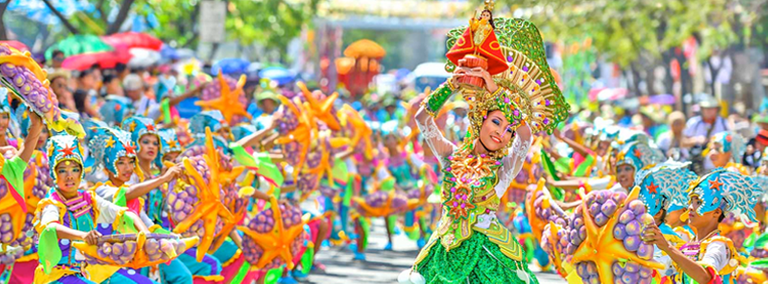
Photo Credits: Google
Common Questions on the devotion to the Señor Sto. Niño:
What do you mean by Pit Señor?
Pit Señor is a shortened Cebuano phrase which is "SangPit kang Señor". (Call to the Lord) - Ps.18:6, Ps. 120:1, 2 Sm. 22:7Why do we wave our hands during the singing of Bato Balani sa Gugma?
It is a gesture of faith (like making the sign of the cross or beating your chest during the penitential rite). It is a way of expressing one's desire for God to see his/her situation. It's like this, have you tried waving your hand for someone to see you?Is Sto. Niño a saint?
No. Sto. Niño is a Spanish word which means "holy child" referring to the child JESUS.Jesus is grown up, right? Then why worship Jesus in a form of a child?
The Sto. Niño symbolizes that Jesus though He is God, He is true human like us in all things except sin. Second, it is a symbol of Jesus' humility and total submission to the will of His Father. Third, that Jesus is True God, who is beyond space and time, which means He can either show Himself to us as grown up (like the Sacred Heart) or a child like Sto. Niño for there is nothing impossible with Him(Lk.1:37). In addition, the wise men also worshipped the child Jesus (Mt.2: 11).
Credits to Ms. Luel Q. Son

Photo Credits: Google
The Sinulog or also known as Santo Niño Festival is a religious festival held on the every third Sunday of January in the Queen City of the South, Cebu City. The sinulog festival is one of the most popular festivals for the entire Philippines because aside from the religious aspects, Sinulog is the annual cultural celebration wherein it is famous for the street parties while dancing the popular beats of the song and this is also a sign of honoring our child Jesus Christ. One of the main highlights of the Sinulog festivals is the "Grand Street Parade" where the participants are coming from the different towns or cities of Cebu.